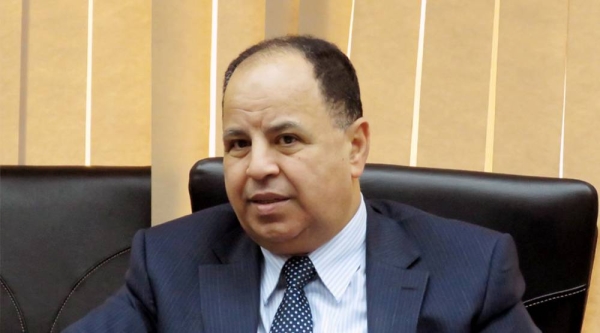
China’s politburo has signalled measures to kickstart the faltering economy as the crisis gripping the country’s debt-laden property sector continued to blight prospects for growth.
President Xi Jinping’s senior leadership committee rubber-stamped a plan from the central bank on Monday for more targeted lending to businesses and outlined support for the housing market.
The People’s Bank of China (PBOC) said it would cut the reserves most banks must hold by 0.5 percentage points, releasing another 1.2tn yuan ($188bn) into the economy, the central bank said in a statement.
Leaders had also agreed to “promote the construction of affordable housing, support the commercial housing market and better meet the reasonable housing needs of buyers”, Xinhua state news agency said.
Attendees at the Monday meeting chaired by Xi said the housing moves would “promote the healthy development and virtuous cycle of the real estate industry”, according to Xinhua.
Despite the positive read-out from the politburo meeting, the country’s second-biggest property developer, Evergrande, was inching ever nearer to what could be the biggest failure in Chinese corporate history.
It needed to pay $82.5m in bond repayments by midnight New York time on Monday in order to avoid an automatic default. But some bondholders did not receive coupon payments by the deadline, four people with knowledge of the matter told Reuters on Tuesday.
Although Evergrande has faced three similar deadlines on offshore bonds since October and made each one at the last minute, it was less clear that it was going to make the payments this time.
A statement from the company on Monday evening said that in the light of its financial problems it was forming a risk management committee to “mitigate and eliminate future risks”. The statement helped stabilise its shares on Tuesday after dropping 20% in the previous session. It followed a weekend statement from the company said it might not be able to repay some of its $300bn debts.
A default would trigger cross-defaults on all the company’s about $19bn of dollar bonds in international capital markets and put Evergrande at risk of becoming China’s biggest-ever defaulter, which would ripple through the property sector and beyond, further rattling global investor confidence.
But most analysts now expect to have to undergo a significant restructuring to spread its debts throughout the economy.
Investors are also concerned about a potential default by Kaisa Group Holdings Ltd, which faces a $400m bond maturity on Tuesday. After Evergrande, it owes the most to foreign bondholders, with debts of $12bn.
Another Chinese developer, Sunshine 100 China Holdings, said on Sunday that it had missed a deadline to repay $179m in principal and interest payments on a 10.5% bond.
China’s economy is not growing as quickly as expected as it faces headwinds from a disrupted global economy, continued Covid outbreaks and the slowing housing market – once a key driver of growth but which is now seeing a string of defaults.
In October, the IMF lowered its forecasts for China’s growth to 5.6% in 2022, which is huge by the standards of developed nations but modest by recent Chinese standards.
The IMF’s managing director, Kristalina Georgieva, said on Monday that China has an important part to play in the global economy as it recovers from Covid-19, but its growth was slowing.
“China achieved a truly remarkable recovery, but its growth momentum has been slowing notably. As China is a vital engine for global growth, taking strong actions to support high-quality growth will help not only China, but the world,” Georgieva said.
Analysts at UBS said Monday’s policy announcements were a “clear signal” of monetary easing but others were less sure and noted that the PBOC insisted that monetary policy would remain prudent.
Julian Evans-Pritchard, China economist at Capital Economics, said the move was an “opening of the fiscal taps, not a flood”, and that “this easing will cushion but not stop growth from slowing”.
However, he predicted that the PBOC would have to cut its main interest rate before long. “As economic activity continues to weaken and the PBOC becomes more serious about lowering corporate financing costs we think it will have to take further action, including policy rate cuts.”
Bill Bishop, a respected China expert and author of the Sinocism newsletter, said Xinhua reports about the politburo meeting had received “a lot of attention” but he did not believe it was a significant easing.
“I do not think that is a fundamental shift,” he wrote in his latest newsletter. “Policymakers are dealing with some significant problems in the property markets including – but far from limited to – Evergrande, and they do not want to crater the industry. Can they calibrate and avoid disaster? We are going to find out.”












